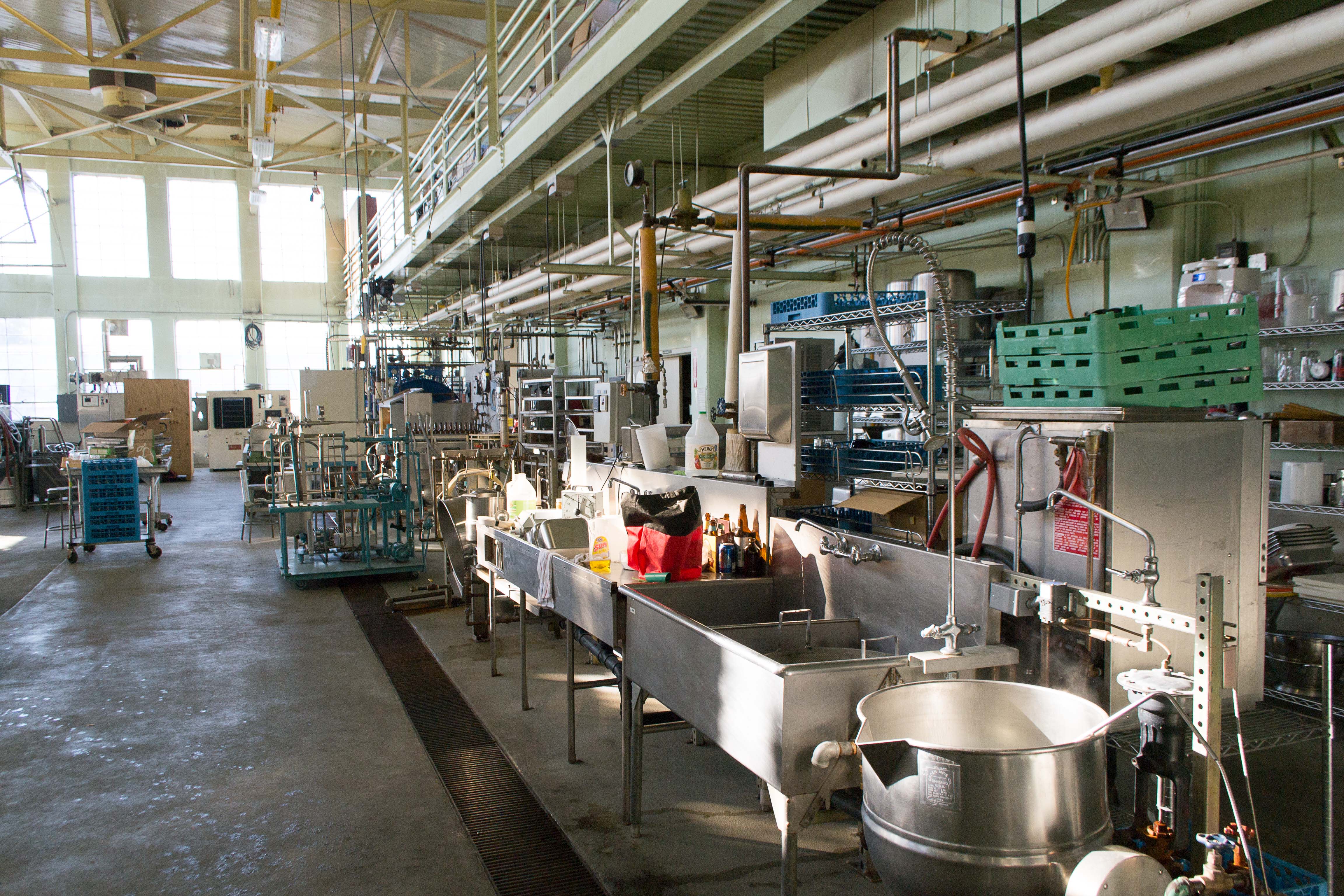
Photo from academic.microsoft.com
ABSTRACT Many countries are facing aging populations, with those over 65 years of age likely to represent the largest population over the next 10–20 years. Living longer often comes with… Click to show full abstract
ABSTRACT Many countries are facing aging populations, with those over 65 years of age likely to represent the largest population over the next 10–20 years. Living longer often comes with poor health and, in particular, a decline in the immune function characterized by poor vaccine responses and increased risk of infection and certain cancers. Aging and diet represent major intrinsic and extrinsic factors that influence the makeup and activity of resident intestinal microbes, the microbiota, the efficient functioning of which is essential for sustaining overall health and the effectiveness of the immune system. The provision of elderly specific dietary recommendations appears to be lacking but is necessary since this population has an altered microbiota and immune response and may not respond in the same way as their healthy and younger counterparts. We have reviewed the evidence supporting the role of diet and, in particular, dietary carbohydrate, protein, and fat in influencing the microbiota and its generation of key metabolites that influence the efficient functioning of immune cells during aging, and how dietary intervention might be of benefit in improving the intestinal health and immune status in the elderly.
Journal Title: Critical Reviews in Food Science and Nutrition
Year Published: 2018
Link to full text (if available)
Share on Social Media: Sign Up to like & get
recommendations!